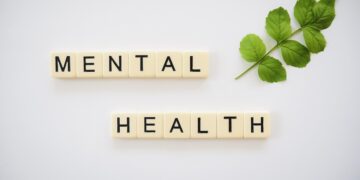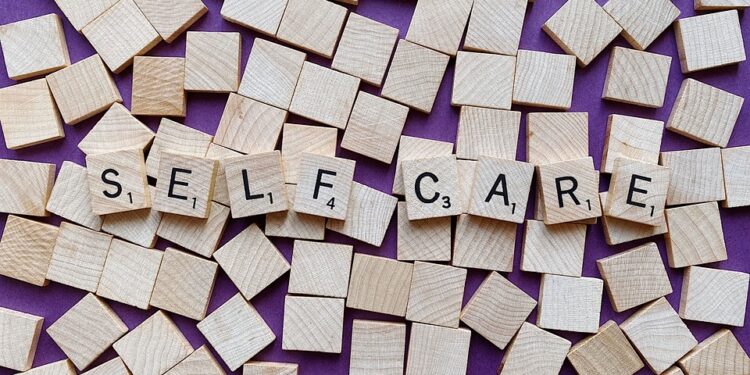Overcoming the Darkness: A Journey to Mental Health Recovery
In today’s fast-paced world, the importance of mental health cannot be overstated. With the constant stress and pressure of everyday life, it is easy to overlook the state of our mental well-being. However, ignoring mental health issues can have serious consequences, affecting our relationships, work performance, and overall quality of life. In this article, we will explore the journey to mental health recovery, and discuss strategies for overcoming the darkness that often accompanies mental illness.
The Importance of Mental Health
Mental health is just as important as physical health, yet it is often overlooked or stigmatized. According to the World Health Organization, mental health is defined as a state of well-being in which an individual realizes their own abilities, can cope with the normal stresses of life, can work productively, and is able to make a contribution to their community. When our mental health is compromised, it can have a significant impact on our daily functioning and overall well-being.
Common Mental Health Issues
There are a variety of mental health issues that people may experience, including anxiety disorders, depression, bipolar disorder, schizophrenia, and post-traumatic stress disorder. These conditions can be caused by a combination of genetic, biological, environmental, and psychological factors. It is important to remember that mental health issues are common and can affect anyone, regardless of age, gender, or background.
Signs and Symptoms
Recognizing the signs and symptoms of mental health issues is the first step towards recovery. Some common signs include persistent feelings of sadness or hopelessness, changes in sleep or appetite, difficulty concentrating, irritability, withdrawal from social activities, and thoughts of self-harm or suicide. If you or someone you know is experiencing these symptoms, it is important to seek help from a mental health professional.
Seeking Help
Seeking help for mental health issues can be a daunting task, but it is essential for recovery. There are a variety of resources available, including therapy, medication, support groups, and self-help strategies. It is important to find a treatment plan that works for you, and to be patient with yourself as you navigate the road to recovery.
Strategies for Overcoming the Darkness
Overcoming mental health issues is a journey that requires strength, resilience, and determination. Here are some strategies that can help you overcome the darkness and move towards mental health recovery:
1. Self-care
Self-care is essential for maintaining good mental health. This includes getting enough sleep, eating a balanced diet, exercising regularly, and practicing relaxation techniques such as meditation or deep breathing exercises. Taking care of your physical health can have a positive impact on your mental well-being.
2. Therapy
Therapy is a valuable tool for addressing mental health issues. A therapist can help you explore your thoughts and feelings, develop coping strategies, and work through past traumas. Cognitive behavioral therapy, dialectical behavior therapy, and interpersonal therapy are just a few examples of therapeutic approaches that can be effective in treating mental health issues.
3. Medication
Medication can be helpful in managing symptoms of mental health issues, particularly for conditions such as depression and anxiety. It is important to work closely with a psychiatrist to find the right medication and dosage for your specific needs. It is also important to be aware of the potential side effects of medication and to communicate any concerns with your healthcare provider.
4. Support Groups
Support groups can provide a sense of community and understanding for those struggling with mental health issues. Connecting with others who have similar experiences can help reduce feelings of isolation and provide valuable support and encouragement. Support groups can be found in person or online, and are often free or low-cost.
5. Mindfulness and Meditation
Mindfulness and meditation are practices that can help calm the mind, reduce stress, and improve overall well-being. By focusing on the present moment and accepting thoughts and feelings without judgment, mindfulness can help you develop a greater sense of self-awareness and emotional regulation. There are many resources available to help you incorporate mindfulness and meditation into your daily routine.
Conclusion
Overcoming mental health issues is a challenging but rewarding journey. By recognizing the signs and symptoms of mental health issues, seeking help, and implementing strategies for self-care and support, you can move towards mental health recovery and reclaim your well-being. Remember that you are not alone in your struggles, and that help is available. Take the first step towards mental health recovery today, and begin your journey towards a brighter tomorrow.
Remember, mental health is just as important as physical health. Take care of yourself and seek help if needed. You deserve to live a happy and healthy life.






































































